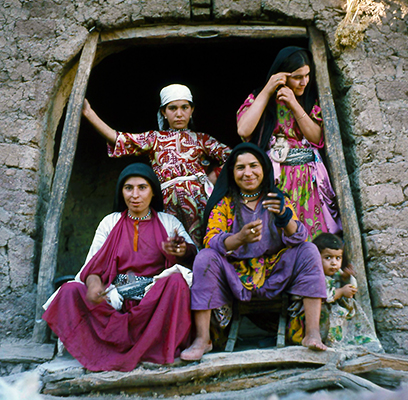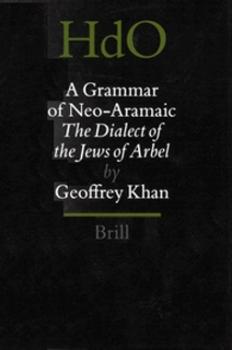
The North-Eastern Neo-Aramaic dialects (generally known as the NENA dialects) form a very diverse group of approximately 150 Aramaic dialects that were spoken until modern times in Northern Iraq, North-Western Iran and South-Eastern Turkey by Christian and Jewish communities. These are among the last remaining living vestiges of the Aramaic language, which was one of the major languages of the region in antiquity. Over the last few decades most of the speakers of these dialects have been forced to leave their places of residence and have settled in numerous émigré communities throughout the world. The younger generations of these communities are increasingly losing competence in these dialects and as a result most of the dialects are now in danger of extinction.
The aim of this long-term project is to document all the surviving NENA dialects and their associated oral traditions, such as folktales and oral narratives concerning the culture and history of the communities. Professor Khan and his research team of graduate students and post-doctoral researchers have carried out extensive fieldwork in the Middle East (especially northern Iraq) and among numerous diaspora communities around the world. In addition to the production of hard-copy grammatical descriptions, the abundant material gathered from the fieldwork is being uploaded into an online database, known as the North-Eastern Neo-Aramaic Database. It is the aim of the project for this database to be populated with grammatical descriptions and samples of audio of all the NENA dialects. The project will preserve the linguistic and oral heritage of the Aramaic-speaking communities and make this heritage accessible for future generations.
The project has been funded by the AHRC (2004-2009), the Newton Trust, the Golden Web Foundation, the Assyrian University Alliance, and private donors. Ph.D. students and researchers who have worked on the project include Eleanor Coghill, Roberta Borghero, Jared Greenblatt, Kristine Mole, Alinda Damsma, Lidia Napiorkowska and Nineb Lamassu.

